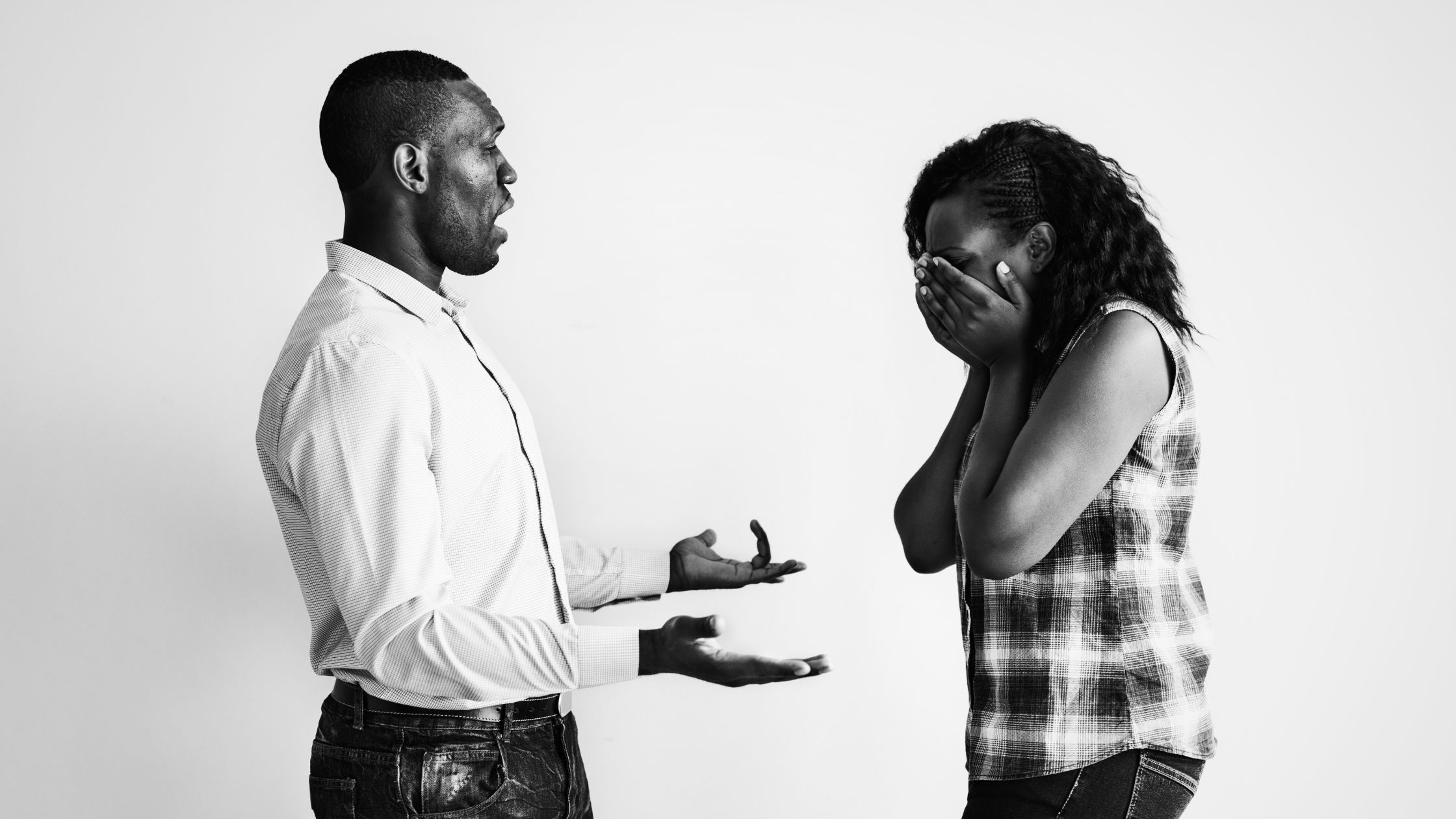Love is supposed to bring peace, not constant pain. But for many people, chaos, struggle, and emotional rollercoasters have become “normal” in relationships, a pattern often referred to as romanticizing struggle love. A recent study revealed that 34% of people say their romantic relationships have been the main cause of their mental health issues, while 82% admit that they’ve been treated in ways that damaged their emotional well-being. That’s a problem.
We’ve been sold the idea that “real love” has to be difficult. That love means fighting hard to make it work, enduring pain for a deeper connection, or proving your loyalty through struggle. However, the truth is peaceful love is healthy love.
Why We are Romanticizing Struggle Love
1. Movies and Social Media
TV shows, movies, and online trends often make toxic behavior seem attractive. A couple breaks up, fights, makes up, and we cheer for them. But offscreen, this cycle is exhausting and harmful. In real life, emotional chaos doesn’t deepen love, it wears it down.
2. Childhood Experiences
If you grew up seeing love filled with yelling, guilt, silence, or drama, that might feel familiar even if it’s painful. We sometimes repeat patterns that feel like “home,” even when they’re unhealthy.
3. Confusing Intensity with Passion
It’s easy to confuse emotional highs and lows with deep love. But strong feelings don’t always mean something is right. Sometimes, what feels intense is actually insecurity, fear, or emotional dependency.
The Hidden Costs of Romanticizing Struggle Love
Being in a constant state of emotional tension affects your heart and health in general.
- Mental health suffers. People in unstable or unhealthy relationships are more likely to experience anxiety, low self-esteem, and depression.
- Your nervous system stays in survival mode. Constant fighting or waiting for the “next problem” keeps your body stressed.
- You lose touch with your peace. Over time, you may forget what calm and emotional safety even feel like.

What Peaceful Love Looks Like
Let’s be clear, peaceful love doesn’t mean a perfect relationship or zero arguments. It means:
- You feel emotionally safe.
- Conflicts don’t become explosions.
- You don’t question your worth every day.
- There’s honesty without manipulation.
- You can grow individually and together.
- Love feels like home, not a battlefield.
Peaceful love respects your mind, your time, and your heart. It allows you to breathe, not walk on eggshells.
How to Stop Romanticizing Struggle Love
1. Be Honest About What You’re Attracted To
Ask yourself: Do I find chaos exciting? Do I only feel alive when love is dramatic? Recognize the patterns you’re drawn to and reflect on where they come from.
2. Reframe Your Definition of Love
Start to associate love with care, peace, and mutual respect—not grand gestures or emotional intensity. A person who listens, shows up, and doesn’t play games is worth more than someone who keeps you guessing.
3. Notice How Your Body Feels
When you’re around someone you love, do you feel calm or anxious? Does your body feel relaxed or always on edge? Your nervous system often knows what your mind is ignoring.
4. Set Boundaries
If someone is constantly hurting you, it’s okay to walk away. You don’t need to “prove” your love by enduring emotional harm. Real love respects boundaries.
5. Do the Inner Work
Sometimes, we struggle in relationships because we haven’t made peace with ourselves. Go to therapy if you can, journal, heal the parts of you that believe love must hurt to be real.
6. Choose Partners Who Offer Peace
Look for people who are kind, emotionally available, and open to growing with you, not just people who know how to say “sorry” after each fight.
Conclusion
Choosing peace in love means understanding that love doesn’t have to feel like war. You’re allowed to have a love that’s stable, calm, and nurturing. That kind of love doesn’t come from chasing drama but choosing better. Let go of the idea that love must be hard to be real. You deserve a love that brings you peace, not pain.








